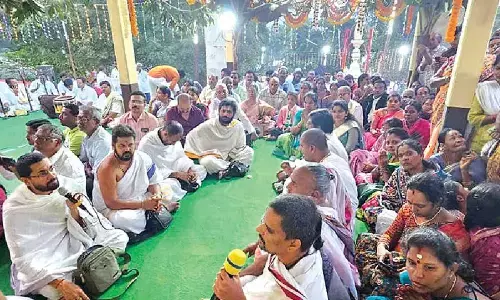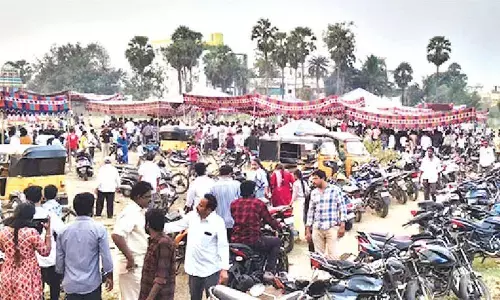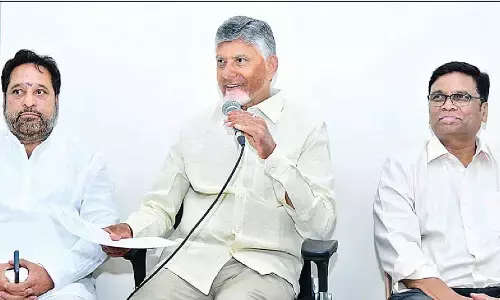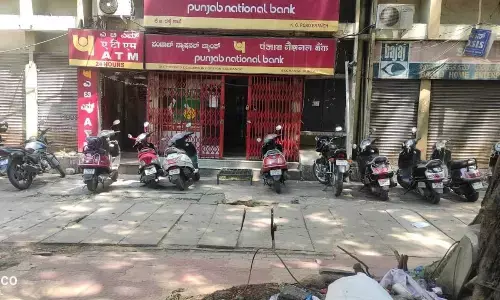Right to life: HC’s strict scrutiny

Right to life: HC’s strict scrutiny.The right to life and liberty is perceived as arguably the most important of the various fundamental rights guaranteed to a citizen. Courts have zealously guarded this right with greater ferocity and visibility than most other fundamental rights.
The right to life and liberty is perceived as arguably the most important of the various fundamental rights guaranteed to a citizen. Courts have zealously guarded this right with greater ferocity and visibility than most other fundamental rights. Preventive detention is seen by many advocates of personal freedom as a huge contradiction of the said guaranteed right.However, most draconian laws of preventive detention have mustered judicial review in the past. The Maintenance of Internal Security Act (MISA), Prevention of Terrorism Act (POTA) and the likes have been viewed from contemporary lenses of social needs of society. One positive aspect is that while the provisions have been upheld nearly as often as they have been made, their execution has often come up for strict scrutiny.
.jpg)
In a recent spate of verdicts, Justice Vilas Afzalpurkar has directed the release of detenus who have been detained under the preventive detention law on the ground of being smugglers of red sander wood. Two senior lawyers D Prakash Reddy and T Niranjan Reddy led the legal battle which yours truly found it too convenient to rely upon while having some more persons released. The judge was dealing with a batch of matters where detention was effected under the provisions of the AP Prevention of Dangerous Activities of Boot Leggers Dacoits Drug Offenders , Goondas, Immoral Traffic Offenders and Land Grabbers Act. Certain important lapses were found in the matters and the persons were ordered to be released.
What is worrying at the outset is that the order of detention is also supervised by an advisory board headed by a retired judge of the High court. It is indeed unfortunate that the board headed by a constitutional office holder in the past did not notice what the judge did leading to the denial of personal freedom of a citizen of the country. One of the grounds on which Justice Vilas Afzulpurkar set aside the orders of detention was that the order was passed not by the designated district collector but by the in charge collector.Faulting the exercise of the power the judge said that the action was ultra vires of the statute.A clear indication that the power could not have been exercised by a person not specifically empowered to do so.
However does it haunt any one that in the process, the person who was detained in August 2014 was directed to be released in March when the matter came up for judicial review? Does someone have an answer to this? Does the system provide a method of auditing the exercise of such power? Does it fix a price tag on the violation of fundamental rights when it is a product of extraordinary power?
Another important aspect that drew judicial attention was when the senior counsels argued that the grounds of detention were supplied to the detenues in a language that they were not familiar with. Law, it was argued, required the supply of the detention grounds in a language with which the detenue is familiar. The Advocate General argued that there was no protest at the time of supply and therefore that could be no ground to set aside the detention. The judge spoke otherwise.“Article 22 (5) of the Constitution of India mandates that as soon as the order of detention is made, the authority making the order shall as soon as may communicate such person the grounds on which the order is made so as to enable him the earliest opportunity of making a representation against the said order.
The words ‘as soon as ‘as well as the words ‘communicate to such person the grounds afford him the earliest opportunity of making a representation’ are therefore significant. Hence the prejudice to the detenues and the infraction of Article 22 (5) of the Constitution of India being evident on the facts of each of these writ petitions,” he said.Our courts are true reminders to the executive that their actions are subject to judicial review. However when it comes to personal freedom of life and liberty may be something more is required.

















